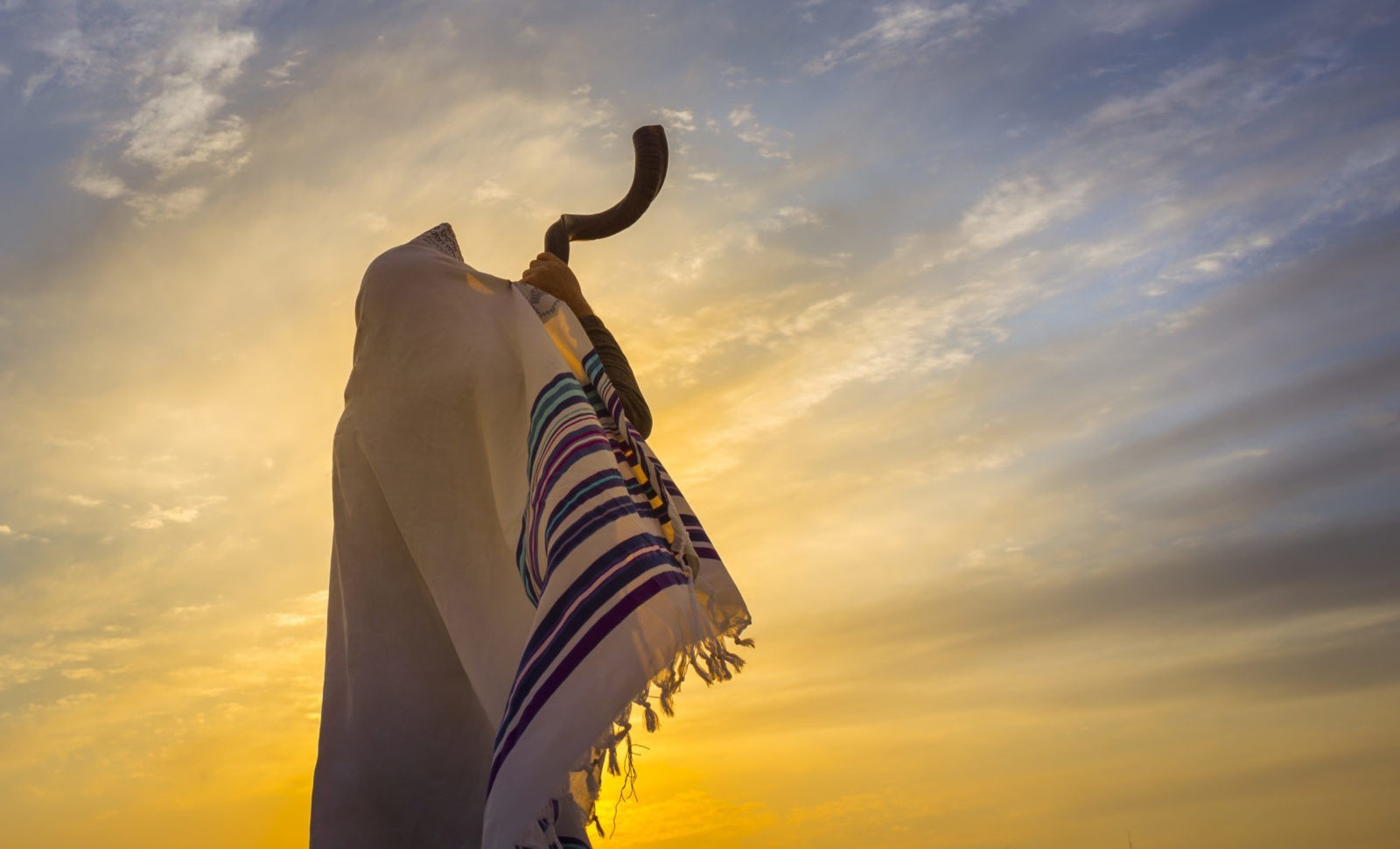
Preparing for Yom Kippur | Special Store Hours at NetCost Market

It’s almost time for Yom Kippur, the most sacred High Holy Day in Judaism. Rosh Hashanah, the Jewish New Year, begins the 10 Days of Awe, a time of reflection and repentance. Yom Kippur is the culmination of this introspective period, and it is believed to be the day when God decides each person’s fate. This “Sabbath of Sabbaths” is spent fasting, denying oneself of bodily pleasures, and attending prayer services. Work is forbidden on Yom Kippur, and religious services are well-attended, even by those Jewish people who don’t necessarily observe other traditions.
One reason this holiday carries so much weight is that it originated in the days of Moses. After communing with God on Mount Sinai, and having been given the Ten Commandments, Moses descended from the mountain to find his people worshipping a golden calf. In anger, he shattered the sacred tablets. The Israelites then atoned for their idolatry, and God forgave their sins and gave Moses a second set of tablets.
Yom Kippur is a solemn and deeply spiritual holiday, and one of personal reflection and atonement. it’s also a time of joy, when people come together as a community to worship and repent. There’s confidence in this holiday, in the belief that God accepts this repentance, forgives the people of their sins, and blesses them with another year of life, health, and happiness. The shofar is blown at the end of Yom Kippur, marking the end of the holiday and symbolizing unity with the Jewish community throughout the world.
This sense of community is an important part of Yom Kippur. In preparation for this holy day, many people volunteer their time or make donations to charity, as a way of atoning for sins and seeking God’s forgiveness. Before the fast begins, it’s customary to gather for a large meal of preparation, known as the Seudat Mafseket- Meal of Cessation. After the final Yom Kippur service, there’s a celebratory and festive meal to break the fast. Traditionally, this is a meal full of breakfast-like comfort foods.
The day before the fast, many people choose to eat a filling meal in the middle of the day, and a high-carb dinner right before fasting begins. The after-fast meal turns the evening of Yom Kippur into its own celebratory event. Dishes eaten include blintzes, noodle pudding, and baked goods.
In honor of Yom Kippur, select NetCost Market locations will have adjusted store hours, with the exception of the Bustleton, PA, Welsh, PA, Manalapan, NJ, and Ocean Ave, NY stores. The following store locations will be open from 8:00 a.m. – 6:00 p.m. on September 27th and closed entirely on the 28th.
New York Grocery Stores with Holiday Hours:
- NetCost Market on 2257 East 16th St. Brooklyn, NY 11229
- NetCost Market on 2339 65th St. Brooklyn, NY 11204
- NetCost Market on 608 Sheepshead Bay Rd. Brooklyn, NY 11224
- NetCost Market on 8671 18th Ave. Brooklyn, NY 11214
- NetCost Market on 3155 Amboy Rd. Staten Island, NY 10306
- NetCost Market on 97-10 Queens Blvd. Rego Park, NY 11374
- NetCost Market on 1029 Brighton Beach Ave. Brooklyn NY 11235
New Jersey Grocery Stores with Holiday Hours:
- NetCost Market on 221 NJ-4, Paramus, NJ 07652
Stop by one of our affected locations ahead of time, and you’ll find authentic, high-quality food products from local farmers as well as suppliers from around the world. When you shop with NetCost Market, you’ll find a comfortable and gratifying shopping experience that even includes online shopping and home grocery delivery.